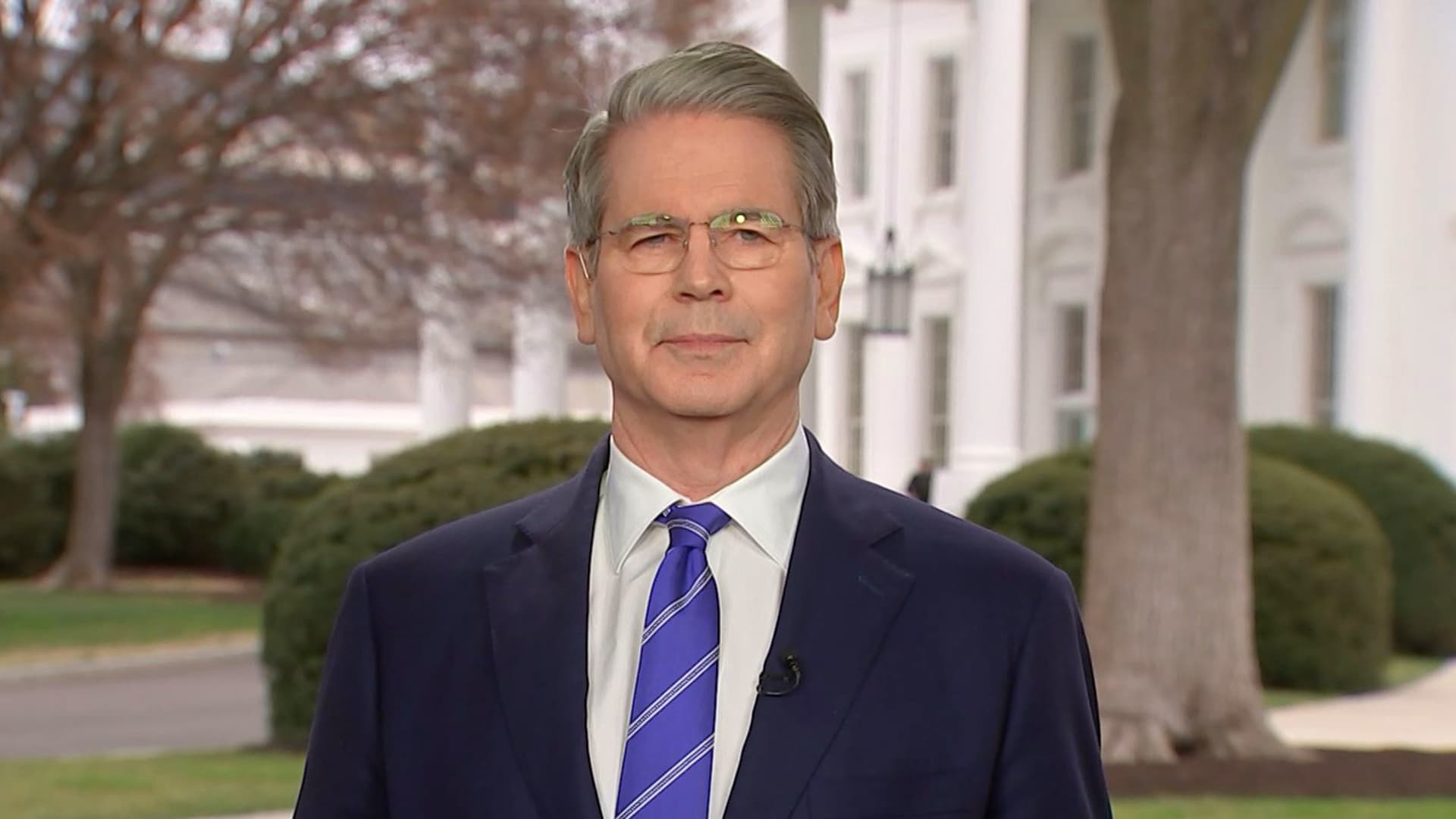Rate Cut Alarm: ECB's Nagel Warns of Inflation Risk

European Central Bank (ECB) policymaker Joachim Nagel has raised a cautionary flag about potential further interest rate cuts, warning that such a move could undermine the delicate progress made in stabilizing prices across the euro zone. In a candid interview released on Friday, Nagel highlighted the economic landscape, noting that Germany's anticipated increase in public spending is already poised to provide a significant economic stimulus.
The seasoned financial expert emphasized the importance of maintaining the hard-won price stability, suggesting that additional rate reductions might prematurely compromise the ECB's recent efforts to control inflation. With the German economy set to receive a boost from increased government expenditure, Nagel argues that introducing further monetary easing could create unnecessary economic volatility.
His comments underscore the delicate balancing act facing central bank policymakers as they navigate the complex terrain of economic recovery and price management in the post-pandemic era.








